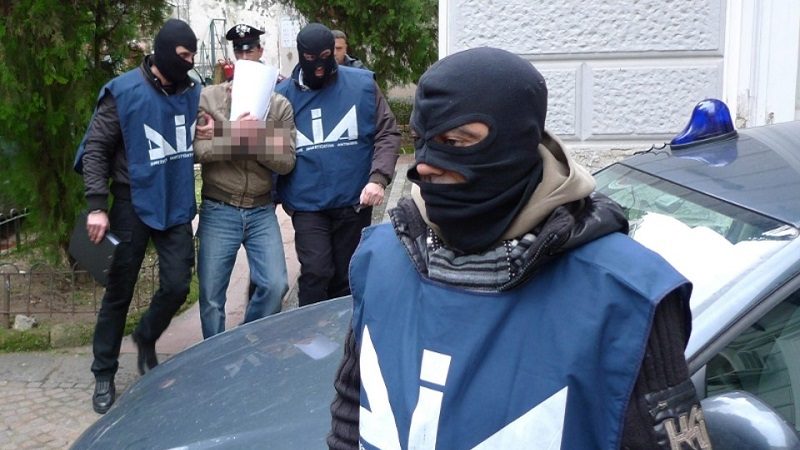Malta’s geographical location means it has always played an important role in the Mediterranean. The smallest EU Member State has always promoted peace in the region, while at the same time promoting itself as the ideal place for foreign investors to open shop. But the set-up also appealed to organised crime.
Italian DIA (Direzione Investigativa Antimafia) operations in recent years have revealed a network of different criminal groups operating from Malta. The comings and goings of Italian wanted criminals have been reported over the years. What was surprising was that Maltese authorities did not seem to give such reports much importance.
The Italian authorities have been seeking assistance and collaboration from Maltese authorities for quite a while but their Maltese counterparts dragged their feet, Italian reports showed. This resulted in cases going cold.
One such case was ‘the lost wallet’ of Nicola Schiavone, son of Francesco ‘Sandokan’ Schiavone, referred to by Italian investigative journalist Paolo Borrometi in a recent report.
In 2005, the Italian police found a wallet on the street and investigations found links between the son of the Neapolitan boss and an Italian businessman based in Malta. The ROS (Raggruppamento Operativo Speciale) team, a Special Operations Team that investigates organised crime, started investigating and tapping the phone of the Malta-based entrepreneur.
Borrometi, who lives with 24-hour police protection after receiving threats for his reporting on the mafia, shows how the tapping revealed ways the Casalesi clan laundered money by opening restaurants, gaming companies and other businesses in the entertainment industry in Malta.
The Carabinieri were positive, since everything was looking good, until a request for collaboration was sent to the Maltese authorities. Little or no information was received. Nicola was eventually arrested in 2010, in a villa in Casal di Principe.
The lack of cooperation by the authorities was criticised again by Nicola Gratteri, the chief anti-mafia prosecutor in Catanzaro, who declared: “It is easier to work with Peru or Colombia than with Malta”.
“If Malta decides not to collaborate or replies six months or a year later, the investigation is useless,” he added.
Investigations into organised criminal networks require prompt and decisive action. Being compared to Peru or Colombia is just the cherry on the cake for Malta, already suffering a blow to its reputation over the collapse of the rule of law.
READ MORE: MEP report slams lack of action by police
It’s hard to forget the Police Commissioner off to eat rabbit while Ali Sadr Hasheminejad was leaving Pilatus Bank in the dead of night with suitcases suspected to contain documents on the night Daphne Caruana Galizia reported the Panama company Egrant belonged to the Prime Minister’s wife, Michelle Muscat.
The chairman at the helm of the Malta Gaming Authority when reports of mafia infiltration of the sector were made – Joseph Cuschieri – did not get a bad rap for the risks posed to the industry and the country. Instead, he was moved to head another critical sector that is under international scrutiny – the Malta Financial Services Authority – which already has a dwindling reputation after money laundering claims came to dominate headlines in Malta and abroad.
Rather than rolling up our sleeves and looking at ways to address the situation, what we get are excuses and lies. Truth is, Malta has become a State run by crooks for the benefit of crooks.













